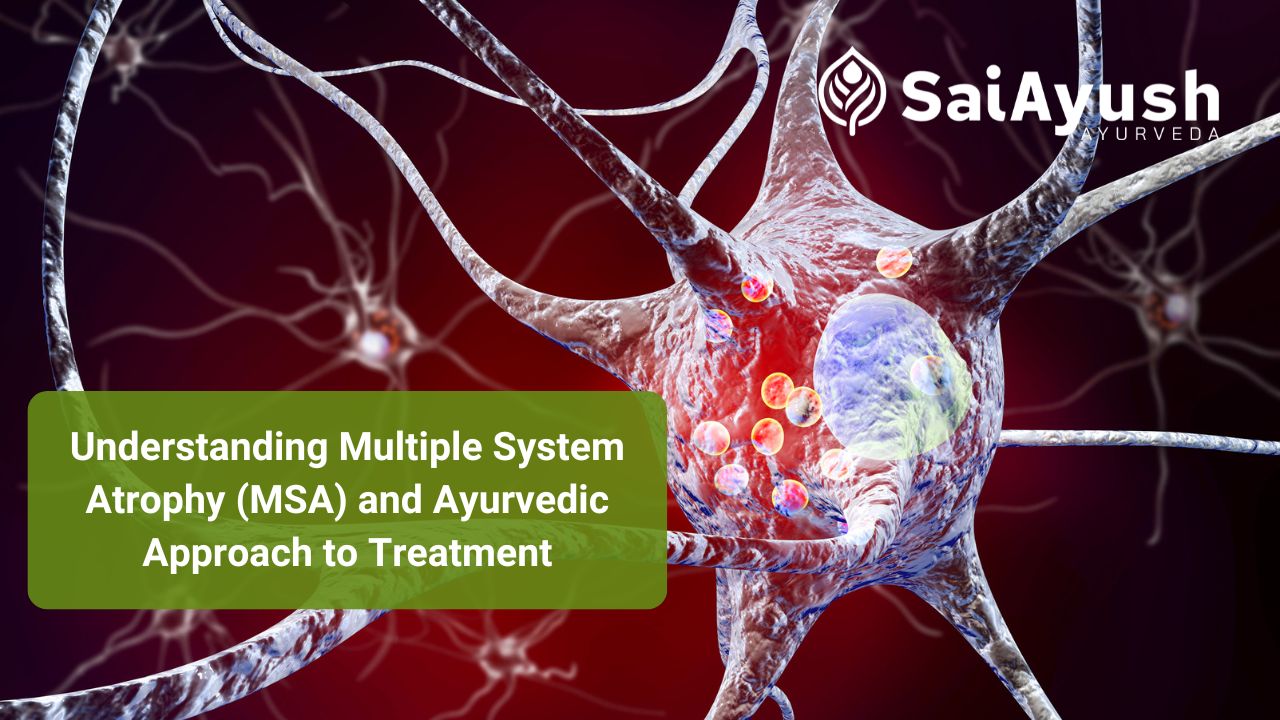Multiple System Atrophy (MSA) is a rare neurological disorder that affects various parts of the brain and spinal cord. It falls under the umbrella term of “atypical parkinsonism” and shares some similarities with Parkinson’s disease. However, MSA progresses more rapidly and is generally less responsive to typical Parkinson’s medications.
Causes and Risk Factors: The exact cause of MSA is still unknown. However, it is believed to involve the accumulation of abnormal proteins in the brain, similar to other neurodegenerative diseases. Some potential risk factors for MSA include genetic predisposition, environmental factors, and certain toxins.
Signs and Symptoms: MSA presents with a variety of symptoms that can affect movement, autonomic functions, and other bodily systems. These symptoms may include:
- Movement Disorders: Patients may experience stiffness, tremors, slow movement, and difficulty with balance and coordination.
- Autonomic Dysfunction: This includes symptoms such as orthostatic hypotension (drop in blood pressure upon standing), urinary problems, constipation, and sexual dysfunction.
- Cognitive Changes: While cognitive impairment is less common in MSA compared to some other neurodegenerative diseases, some patients may experience memory problems and executive dysfunction.
Ayurvedic Treatment Approach: In Ayurveda, MSA is understood as a disorder of the nervous system with a vitiation of Vata dosha, particularly affecting the Majja dhatu (nerve tissue). The treatment approach aims to restore balance to the doshas, strengthen the nervous system, and alleviate symptoms. Here are some key components of Ayurvedic treatment for MSA:
- Panchakarma Therapy: Panchakarma, a detoxification therapy, is often recommended to remove toxins (ama) from the body and restore equilibrium to the doshas. Specific therapies such as Basti (medicated enema) and Shirodhara (pouring medicated oil on the forehead) may be beneficial for neurological disorders like MSA.
- Herbal Remedies: Ayurvedic herbs known for their neuroprotective and rejuvenating properties are commonly prescribed. These may include Ashwagandha, Brahmi, Jatamansi, Shankhpushpi, and Guduchi. These herbs help to strengthen the nervous system, improve cognitive function, and reduce symptoms of tremors and stiffness.
- Diet and Lifestyle Modifications: A balanced diet that includes easily digestible foods, warm and nourishing soups, and herbal teas can support overall health and digestion. Gentle exercise, such as yoga and Tai Chi, can help improve flexibility, balance, and coordination.
- Stress Management: Stress exacerbates symptoms of MSA. Therefore, stress-reducing practices such as meditation, pranayama (breathing exercises), and mindfulness techniques are emphasized to promote relaxation and mental well-being.
- Regular Follow-up: Ayurvedic treatment for MSA is tailored to each individual’s unique constitution and symptoms. Regular follow-up with an experienced Ayurvedic practitioner is essential to monitor progress and make necessary adjustments to the treatment plan.
Conclusion: While Multiple System Atrophy poses significant challenges, Ayurveda offers a holistic approach to managing the symptoms and improving the quality of life for patients. By addressing the root causes of imbalance in the body and mind, Ayurvedic treatments aim to promote overall health and well-being in individuals living with MSA.
Discover the healing power of Ayurveda with our latest article at Sai Ayush Ayurveda Hospitals! Dive into the age-old wisdom that can rejuvenate your body and mind. Click here to read more:



0 Comments